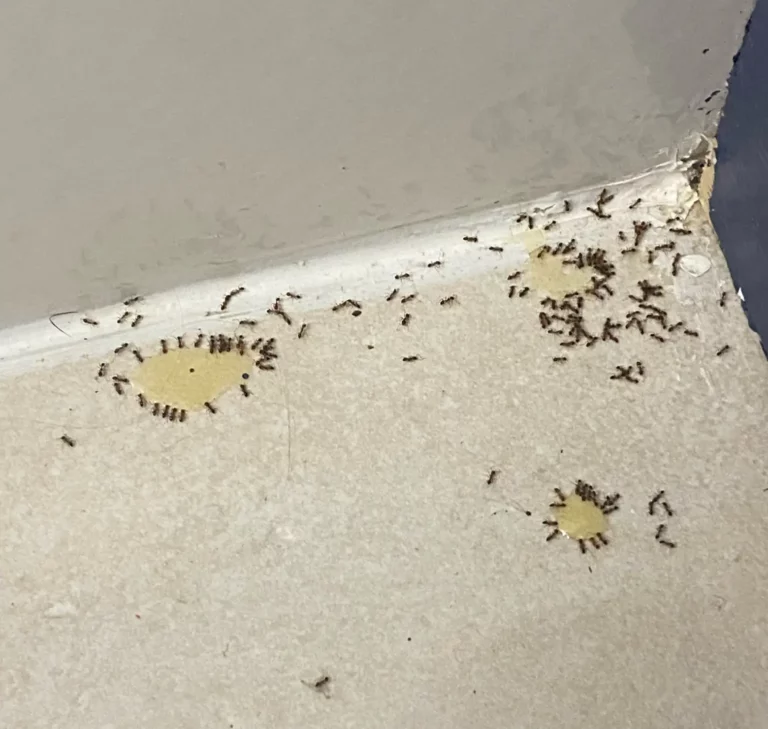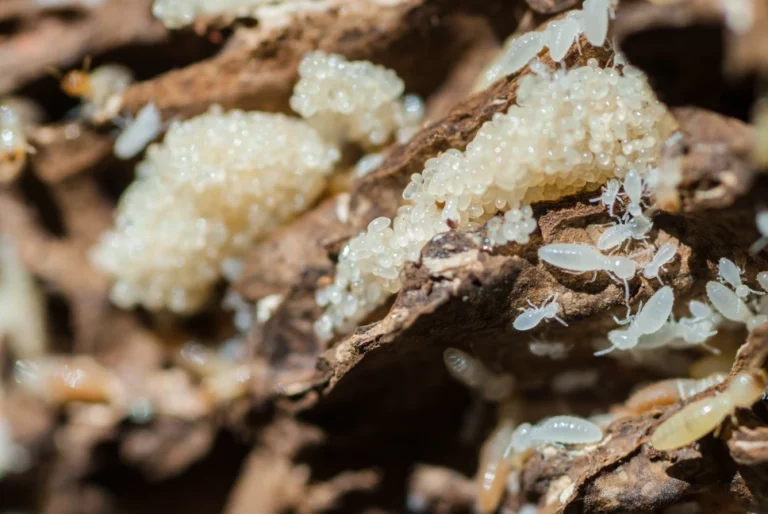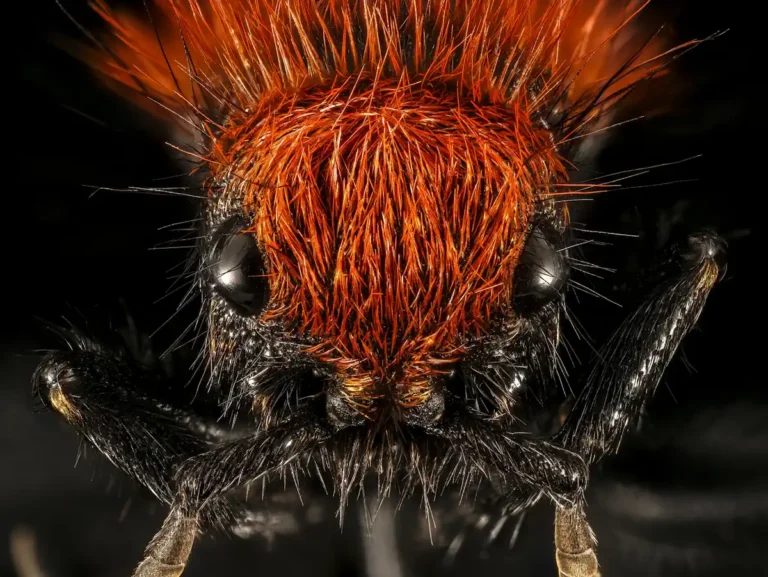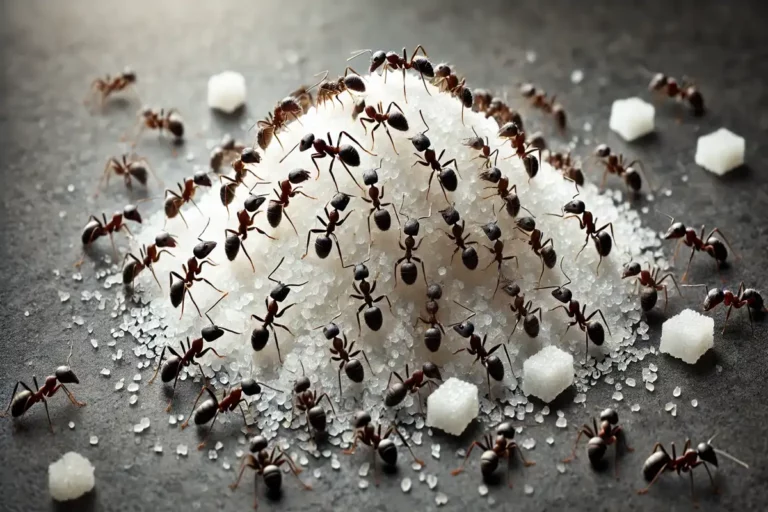Table of Contents
ToggleWhile tiny black ants are commonly admired for their remarkable work ethic and their ability to carry objects several times their weight, a tiny question often looms in the minds of those who encounter them: do these little creatures bite?
In this comprehensive exploration, we demystify the behaviors of these tiny insects and assess their potential to bite, equipping you with knowledge and strategies for prevention.
The Bite Behind the Buzz: Tiny Black Ants Uncovered
Tiny black ants, particularly the Lasius niger species, are intriguing for their intricate societal structures and immense strength. With robust mandibles, these little ants usually utilize their bite to transport food or construct elaborate nests. When tiny black ants bite, it is often a defensive response to perceived threats. Unlike their more aggressive red counterparts, tiny black ants lack a stinger, which makes their bites relatively harmless and less painful.
- Understanding Little Black Ant Behavior: These tiny foragers are naturally inclined to avoid humans, focusing instead on gathering sustenance for their colonies.
- Identifying a Little Black Ant Bite: If a tiny black ant does bite, it may leave a small red spot, usually without significant pain, as their bite is not venomous but merely a pressure pinch from their small jaws.
Safeguarding Your Home: Preventing Little Ant Bites
Prevention is paramount in ensuring that your abode doesn’t become a haven for these little black ants. Simple habits like keeping your spaces clean, securing food in airtight containers, and rectifying damp areas can be effective deterrents.
- Natural Repellents: Employing little tricks like sprinkling lemon juice, cinnamon, peppermint oil, diatomaceous earth, or coffee grounds can act as natural barriers against tiny black ants.
- Professional Ant Control: Our ant control services utilize safe, efficient methods tailored to rid your home of these tiny invaders and prevent future infestations.
When Tiny Jaws Strike: The Reality of Black Ant Bites
Although it’s uncommon, tiny black ants can bite when they feel their space is invaded or their safety is at risk. Fortunately, such bites from these little insects are non-venomous and generally not harmful.
- Treating Tiny Black Ant Bites: Gently wash the area with soap and water to prevent infection. A cold compress can help reduce any minor swelling, and antihistamines may assist in soothing the itchiness.
- When to Seek Medical Attention: It’s rare, but if you have an unusual allergic reaction to a little black ant bite, it’s essential to seek immediate medical advice.
The Integrated Approach: Combining Prevention and Action
A clean and vigilant household is your best defense against the inconveniences of tiny black ant bites. When combined with expert pest control strategies, your living space can remain comfortable and free of these little critters.
- Regular Home Inspections: Keep an eye out for the telltale signs of tiny black ant activity, such as trails or small nests.
- Professional Prevention Strategies: Our specialists can conduct thorough inspections to identify and seal off potential entry points for these little ants.
Joining Forces Against Tiny Black Ants
Armed with a more profound comprehension of the behaviors and bite risks of tiny black ants, you’re now ready to take proactive measures against these little house guests. By understanding the importance of preventative steps, recognizing how to address a bite, and knowing when professional assistance is needed, you can tackle any tiny ant issue with confidence.




